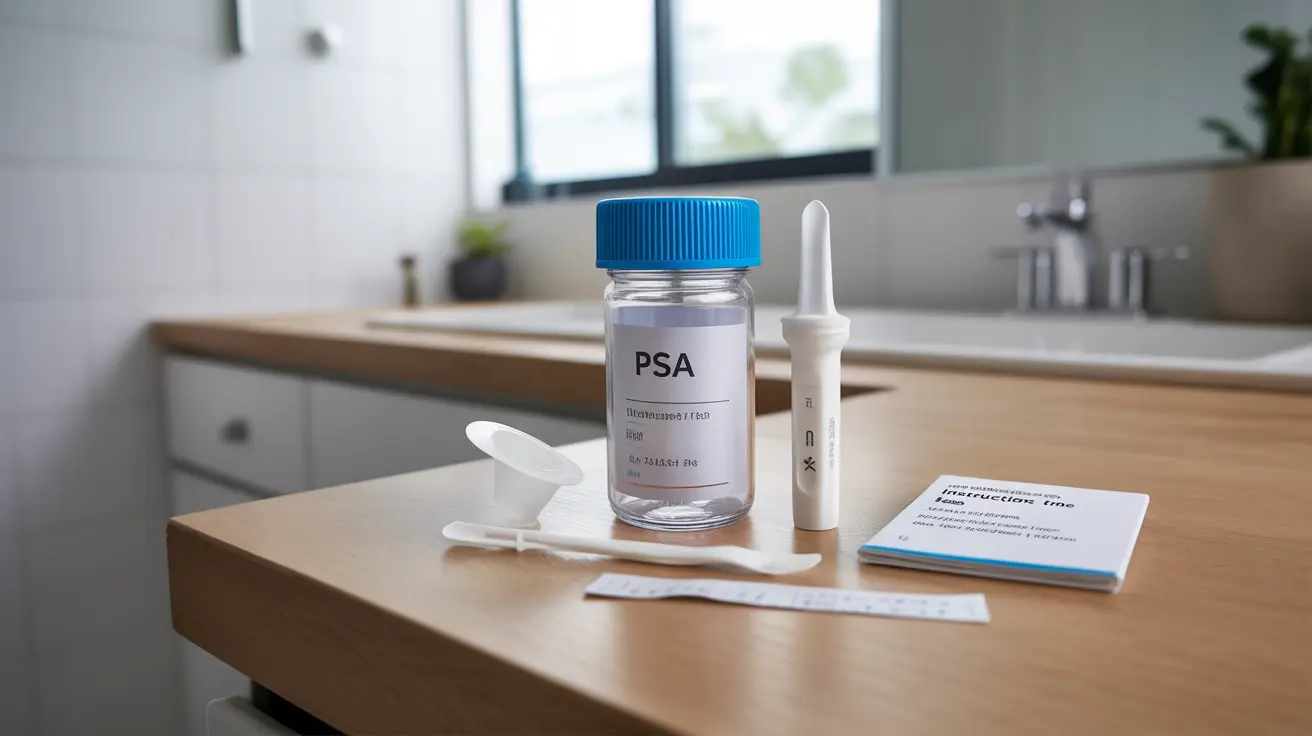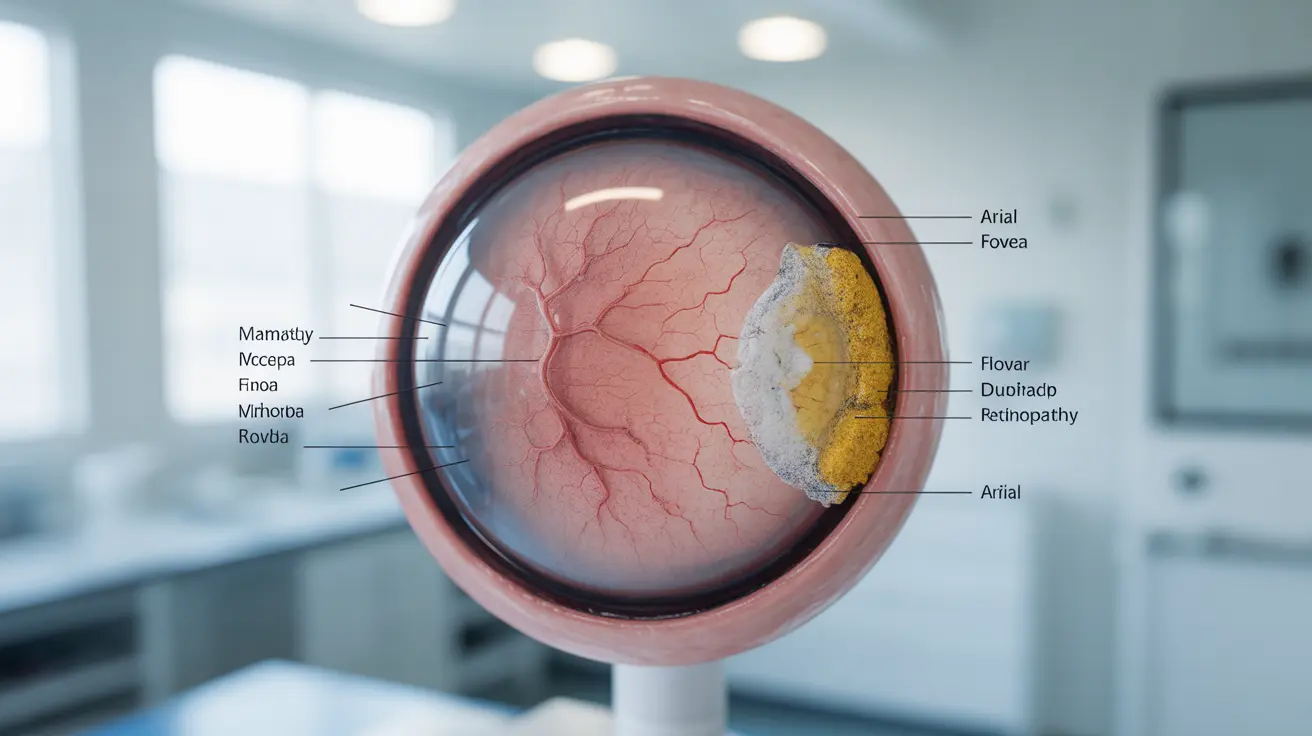Tea is one of the world's most popular beverages, enjoyed for its soothing warmth and potential health benefits. However, a lesser-known fact about tea has been causing some concern: tea contains nicotine. This revelation has left many tea enthusiasts wondering about the potential health implications and how it might affect those trying to quit smoking. In this article, we'll explore the presence of nicotine in tea, its effects, and what it means for your health and lifestyle choices.
Understanding the relationship between tea and nicotine is crucial for making informed decisions about your beverage consumption, especially if you're a former smoker or concerned about nicotine intake. Let's dive into the facts and dispel some myths surrounding this surprising connection between tea and a substance most commonly associated with tobacco products.
The Presence of Nicotine in Tea: Facts and Figures
While it may come as a surprise to many, tea plants (Camellia sinensis) naturally produce small amounts of nicotine as a defense mechanism against insects. The levels of nicotine in tea are significantly lower than those found in tobacco products, but they are present nonetheless.
Research has shown that the nicotine content in tea leaves can vary depending on factors such as the type of tea, growing conditions, and processing methods. Generally, the amount of nicotine in a cup of tea is minimal compared to cigarettes or other tobacco products.
Comparing Nicotine Levels: Tea vs. Tobacco
To put things into perspective, let's compare the nicotine content in tea to that of tobacco products:
- An average cigarette contains about 10-12 mg of nicotine
- A typical cup of tea contains approximately 0.07 mg of nicotine
This means that you would need to drink over 140 cups of tea to get the same amount of nicotine found in a single cigarette. The difference is substantial and highlights the relatively low nicotine content in tea.
Health Risks Associated with Nicotine in Tea
Given the minimal amount of nicotine present in tea, the health risks associated with its consumption are generally considered to be low. However, it's important to understand the potential effects, especially for individuals who are sensitive to nicotine or trying to avoid it entirely.
Potential Concerns for Sensitive Individuals
While most people won't experience any adverse effects from the nicotine in tea, some individuals might be more sensitive to its presence. This could potentially lead to mild symptoms such as:
- Slight increase in heart rate
- Temporary elevation in blood pressure
- Mild stimulant effects
It's worth noting that these effects are typically minimal and short-lived due to the low nicotine content in tea.
Tea Consumption for Former Smokers
For individuals who have quit smoking and are trying to avoid nicotine altogether, the question of whether it's safe to drink tea becomes particularly relevant. The good news is that the nicotine content in tea is so low that it's unlikely to trigger cravings or interfere with smoking cessation efforts for most people.
However, if you're a former smoker and find that drinking tea seems to trigger cravings or discomfort, it may be worth exploring herbal tea alternatives that are naturally nicotine-free. Always consult with your healthcare provider if you have concerns about your nicotine intake during the quitting process.
Can Drinking Tea Lead to Nicotine Addiction?
One of the most common concerns regarding nicotine in tea is whether it can lead to addiction. The short answer is that it's highly unlikely. The amount of nicotine in tea is so small that it would be extremely difficult to develop a dependence solely from tea consumption.
Nicotine addiction typically occurs with regular exposure to higher doses of nicotine, such as those found in cigarettes or vaping products. The trace amounts in tea are not considered sufficient to create addictive patterns in most individuals.
Types of Tea and Their Nicotine Content
While all tea derived from the Camellia sinensis plant contains some nicotine, the levels can vary depending on the type of tea and how it's processed. Here's a general overview of nicotine content in different tea types:
- Black tea: Generally contains the highest levels of nicotine among tea varieties
- Green tea: Contains less nicotine than black tea due to less processing
- White tea: Typically has the lowest nicotine content among true teas
- Oolong tea: Falls somewhere between green and black tea in nicotine content
It's important to note that herbal teas, which are not made from the Camellia sinensis plant, do not contain nicotine unless they are blended with true tea leaves.
Frequently Asked Questions
- What are the health risks associated with the nicotine in tea?
The health risks associated with nicotine in tea are generally minimal due to the very low concentrations present. Most people will not experience any adverse effects. However, individuals who are particularly sensitive to nicotine might experience mild, temporary increases in heart rate or blood pressure.
- Is it safe for former smokers to drink tea if they are trying to quit nicotine?
In most cases, it is safe for former smokers to drink tea while quitting nicotine. The amount of nicotine in tea is so small that it's unlikely to trigger cravings or interfere with cessation efforts. However, if you find that tea consumption seems to affect your quitting process, consult with your healthcare provider.
- How does the nicotine in tea compare to nicotine in tobacco products?
The nicotine content in tea is significantly lower than in tobacco products. A cup of tea contains approximately 0.07 mg of nicotine, while an average cigarette contains 10-12 mg. You would need to drink over 140 cups of tea to equal the nicotine content of one cigarette.
- Can drinking tea lead to nicotine addiction, even in small amounts?
It is highly unlikely that drinking tea would lead to nicotine addiction. The amount of nicotine in tea is so minimal that it's not considered sufficient to create addictive patterns in most individuals. Nicotine addiction typically occurs with regular exposure to much higher doses, such as those found in tobacco products.
- Are there any specific types of tea that contain more nicotine than others?
Yes, different types of tea contain varying amounts of nicotine. Generally, black tea contains the highest levels, followed by oolong, green, and white tea. However, all true teas (from the Camellia sinensis plant) contain some nicotine. Herbal teas, which are not made from this plant, are naturally nicotine-free unless blended with true tea leaves.
In conclusion, while tea does contain nicotine, the amounts are so small that they don't pose significant health risks for most people. Understanding the facts about nicotine in tea can help you make informed decisions about your beverage choices and enjoy your cup of tea without undue concern.




